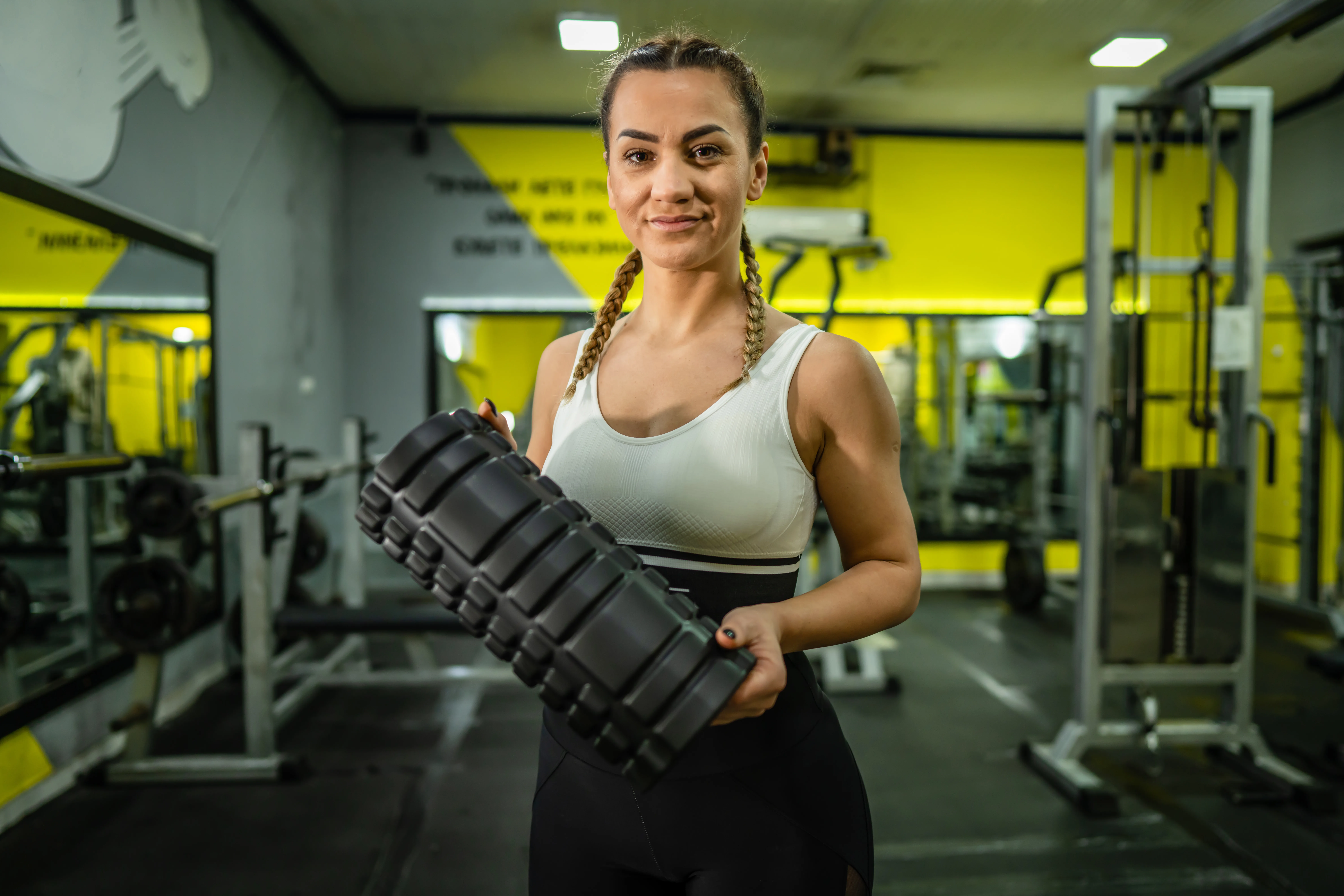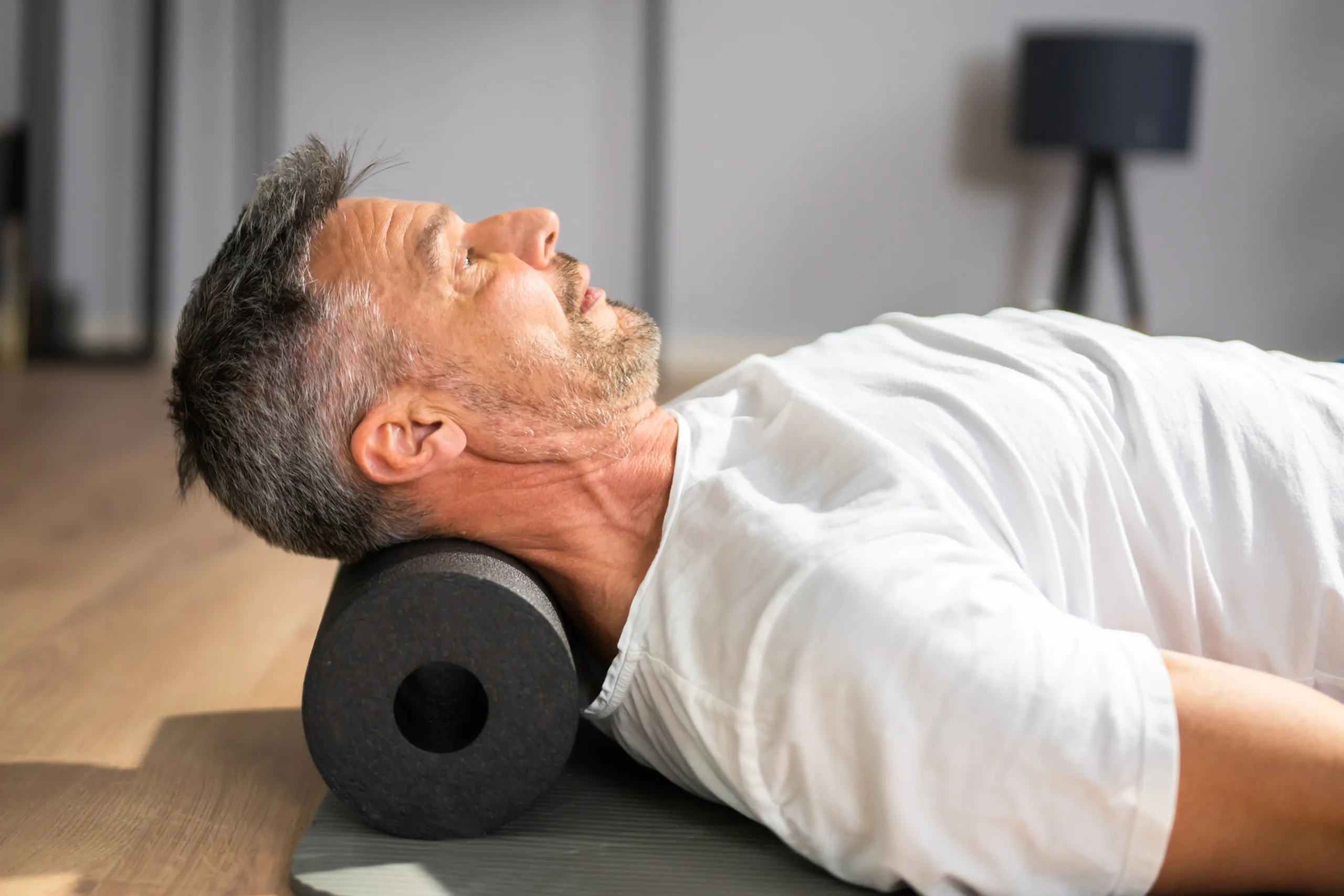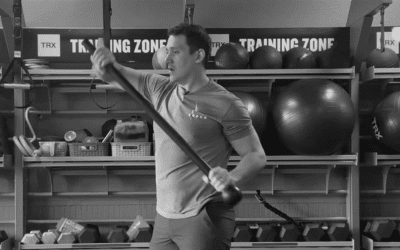How to Use (and Not Use) Your Foam Roller

Fred Ormerod is a freelance coach, army reserve medic, nurse, master’s student, and massage therapist. He’s spent a decade working in healthcare and five years coaching in one of Edinburgh’s leading training facilities.
Here he explains everything you need to know about foam rolling based on science and his experience as a massage therapist and coach.
Fred Ormerod


Change the Way You Train
Is Foam Rolling Necessary?
Honestly, most of my athletes don’t foam roll. Most of them train often enough that simply running, performing a dynamic warm-up, or their sport induces enough of a circulation boost to outdo the positive effects of a foam roller.
If they get injured, they come to me or my team to fix the problem in the clinic. (That being said, if something is causing you an abnormal amount of pain, see a professional!!)
Studies show that foam rolling before your sport might also hinder performance, especially if your sport required sprinting and/or jumping. This is because increased muscle-tendon stiffness is more advantageous for explosive movements.
So is foam rolling necessary? In my opinion, no. But that doesn’t mean there aren’t any benefits.
To understand how to use your foam roller correctly, you need to understand the science behind your muscles. And know how not to use it.
Foam Rollers: Not For Tendons, “Knots,” or Back Cracking
A big mistake people make is foam rolling their tendons. Tendons are very stiff and strong. They also tend to have very poor circulation (which is why they often take so long to recover). Because of this, foam rolling is going to do very little for them and it’s going to f*cking HURT!!
Some people enjoy the sensation of a foam roller and pain (aka masochists). More often I hear people enjoying the relief from a back crack when lying on a foam roller. (I admittedly do.)
The Truth About Back Cracking
Spinal manipulation (back cracking/popping) is rarely anything more than a change in pressure in the joints of the spine. It sometimes creates temporary relief by affecting the parasympathetic nervous system and how neurons pick up pain signals.
Further research is needed to confirm the positive outcomes of spinal manipulation. Most of its benefits are reportedly due to “anti-nociceptive reflexes” from the body, the same way that hot or cold therapy produces shock proteins that help immunity and recovery.
So essentially, the positive outcomes from manipulating the spine come from a response to damage.
To get a proper stimulus in this sense, the action needs to be high velocity and low amplitude. It’s best performed by a registered chiropractor rather than yourself in the corner of the gym.
Not for Knots
“But Fred… I have a huuuge knot in my shoulder that feels better when I foam roll!”
The definition of “knots” varies across the literature in the medical/sports world. Some consider them a build-up of lymph (the clear fluid you see at the edge of a cut or scab).
Others consider them to be areas of muscle tension that are “hyperechoic,” meaning they bounce back lots of sound waves during an ultrasound.
In my experience, what people consider “knots” are simply tight areas along the edge of defined muscle groups.
Usually, it’s a tight levator scapula, the tendon that attaches to the shoulder blade. If your levator scapula sits under contraction for hours (from driving, sitting at a desk, etc.) it becomes inflamed, possibly hypoxic (lacking oxygen), and sore.
Giving it a good prod with a massage gun or massage ball temporarily improves circulation, but the clicking/popping sensation is just the tendon rubbing over the bone and other tendons/muscles around it.
The ultimate cure (after the symptom relief from medication and/or massage), is movement and training the area properly. Not rolling around in pain.
Best Uses for Your Foam Roller
Like I mentioned before, foam rolling comes with a few benefits that speed up your recovery process (or at least make you feel like it).
1. Increasing Circulation
To improve circulation via foam rolling, I recommend doing 2-4 second passes over a selected muscle for 1-3 sets for 30-120 seconds per set.
This replicates a technique in massage called effleurage, or “flushing.” Effleurage gives a slight boost to the circulation of your blood and lymphatic system.
This circulation temporarily reduces the interstitial space between muscle fibers (where the chemicals that cause DOMS reside), reducing the feeling of soreness.
Here’s a video of me and one of my team members performing effleurage on a boxer before and after a fight:
2. Improving Mobility
I use foam rollers with athletes who need help mobilizing certain areas.
For example, when you lay on the floor with the roller up your spine to just under the cervical spiny process (the bony bit at the bottom of your neck/top of shoulders), it becomes much easier to dissociate the neck for mobility drills.
This is a great drill if you suffer from neck pain. I even used it myself when I suffered from whiplash.
For thoracic and lumbar mobility, I recommend wall rotations. Kneel next to a wall, and hold a foam roller between the inside of your outside knee and the wall. Keeping upright, open out your chest/arms to touch the wall behind you.
3. Fixing Squat Patterns
Foam rollers are a great tool to improve your squat form. Hold the roller (either length- or width-ways depending on the desired outcome) between your knees, perform a full, deep, controlled, slow squat.
If you’re up for a challenge, try it with your heels raised. This helps you reach a full range of motion if you struggle to squat without knee valgus/varus (knees falling in or out).
4. A Cushion While Lying on the Floor
I know an athlete who buys every gadget going: sauna bag, EMS, massage gun, coffee roaster, phones, apps, the list goes on and on.
He told me the best use for his (stupidly expensive) foam roller is using it as a cushion while he lies in his sauna bag on his living room floor, so he can watch TV at the perfect angle.
As far as I’m concerned, that’s a very good use.

Your best bet for improved mobility and recovery is to build longer, stronger muscles through a complete range of motion.
Find Your Perfect Training Plan
Sometimes all you need to reach your destination on your fitness journey is an expert guide. We've got you covered. Browse from thousands of programs for any goal and every type of athlete.
Try any programming subscription free for 7 days!
Related articles
3 Ways to Improve Mobility Without Stretching
Are you still trying the endless foam rolling and stretching exercises to get that deep squat position? We know how important mobility is for great, or even GOOD performance. All professional athletes have some comfortability in end ranges of motion. So, what else do...
The Ultimate Guide to Lunges: Queen of all Glute Exercises
Your glutes are the largest muscle group in your body. They’re responsible for almost everything your legs do—walking, running, jumping, squatting, lunging, and just standing upright. As far as moving through space goes, strong glutes are the bedrock of overall...
A Beginner’s Guide to Steel Mace Training
Author: Jesse Grund
Mace training will make you a better mover without it’s not confining you to a fixed space or predetermined range of motion. Second, it’s an offset load with 80 to 90 percent of the weight in the head. You’re also constantly having to resist rotation, which creates greater core engagement.

Join the community
Sign up for the latest training news and updates from TrainHeroic

About TrainHeroic
Made with love, sweat, protein isolate and hard work in Denver, CO
© 2023 TrainHeroic, Inc. All rights reserved.






